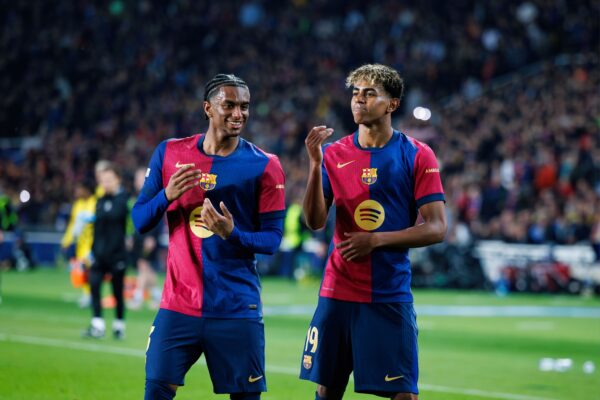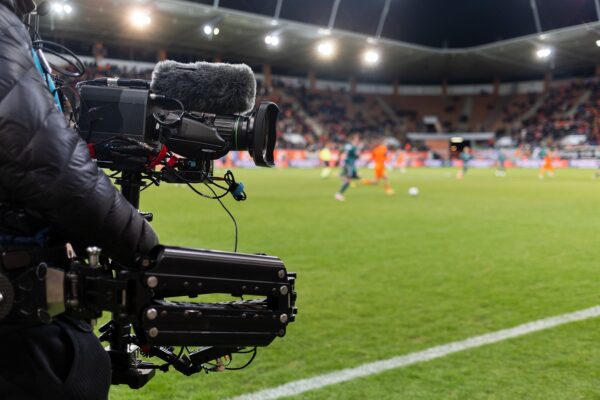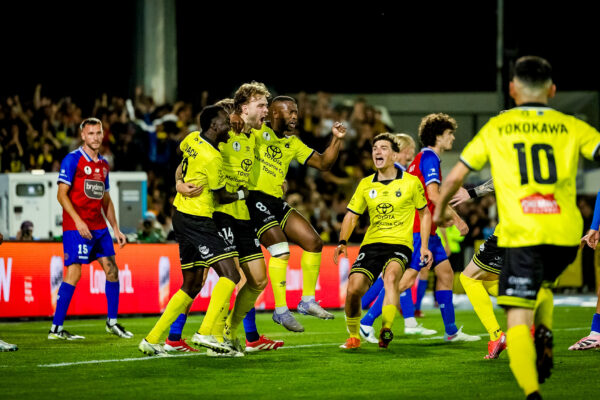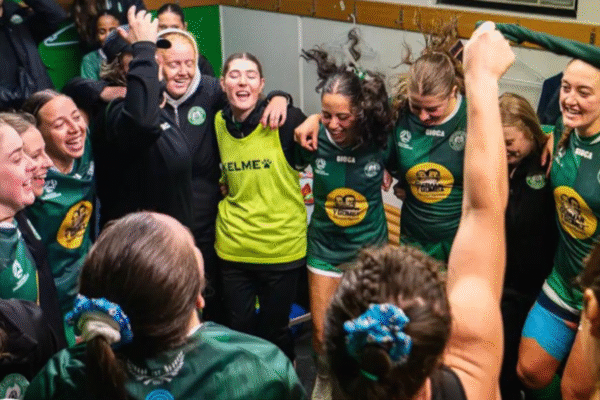Did you know FIFA has already unveiled the mascots for next year’s FIFA World Cup? Did you also know the mascots will be FIFA’s first “interactive mascots” in an upcoming video game?
Being held all over North America (Canada, the United States, and Mexico), the colourful trio, Maple the Moose, Clutch the Bald Eagle and Zayu the Jaguar, will represent their respective countries in the FIFA World Cup 2026.
The FIFA World Cup mascot is made to represent the country hosting the game, its culture, and, more importantly, the game of football and FIFA. As ambassadors of the game, carefully designed by a team of experts, they are made to advertise football as a family-friendly event, especially to appeal to children in hopes of future generations of supporters.
FIFA President Gianni Infantino stated in the press release announcing the mascots that they are central to the incredible, entertaining atmosphere the governing body has created for the game-changing tournament.
“They’ll win hearts and spark celebrations across North America and around the world,” he said.
“I can already picture them on children’s shirts, high-fiving football legends, and—in another first for this tournament—staring in video games played by millions worldwide.”
The video game he’s referring to is FIFA Heroes, FIFA’s new licensed title where professional football teams and the tournament itself are replaced by playable mascots. From the first-ever mascot, Willie, to the current group, you can put in teams of five.
To put it into context, the videogame, which will release on all current-gen consoles and mobile next year in line with the beginning of the World Cup, is made for younger fans. The videogame will also be a part of the growing portfolio of FIFAe, the electronic entertainment and esports department of the governing body, to make digital football accessible to more fans, the press release said.
FIFA are also partnering with Roblox to deliver in-game events and host quests illustrating each mascot’s role with themed rewards, which, in my humble opinion, may not be a good idea after the news surrounding how the site polices itself this year.
All up, the news is very clear: FIFA are going to try to engage young fans through video games next year. But this isn’t a new move for them.
FIFA’s Videogame Franchise
FIFA has always had a significant presence in the videogame market. The body’s nearly annual titles are shipped by the millions across the world, and that’s only counting the physical copies. If the current year’s game is a little too pricey, you can go over to the bargain bin and grab a previous year for the same console.
Furthermore, since the 1980s, World Cups have had video game tie-ins to celebrate the tournament and the qualifying teams when they play in them. It’s only since 2018, when the 2018 World Cup was relegated to a DLC (downloadable content) for FIFA 18.
The audience of these games are primarily young males and people who enjoy the sport recreationally; not to mention, the games usually score well with critics.
So, why make a grand new title when the franchise you’ve created works? There’s not a clear enough answer, but we can guess creating a brand-new game with three times the stadiums and locations and then having national football team branding as well as being able to know which ones will qualify for next year in time is more expensive to make than using already owned mascots in a 5v5 football game.
So, What Makes The News Interesting?
By FIFA creating a game, developed and published by ENVER in partnership with Solace, for an event that changes location every event, it is more cost-effective and could be successful in bringing more attention to the FIFA World Cup by breaking the mould of tie-ins like done with the Olympics.
Also, FIFA Heroes having mascots from every World Cup appear allows the governing body and the creators of the game the ability to use the title for the next event and maybe continue the game into a larger franchise through FIFAe.
Though, to be fair, since it will be on mobile and it’s aimed at children, FIFA would definitely have to watch and safeguard against predatory advertisements and incentives in regard to microtransactions, which could negatively affect their children player base. Think more stealing their parents’ credit card than loot boxes.




















